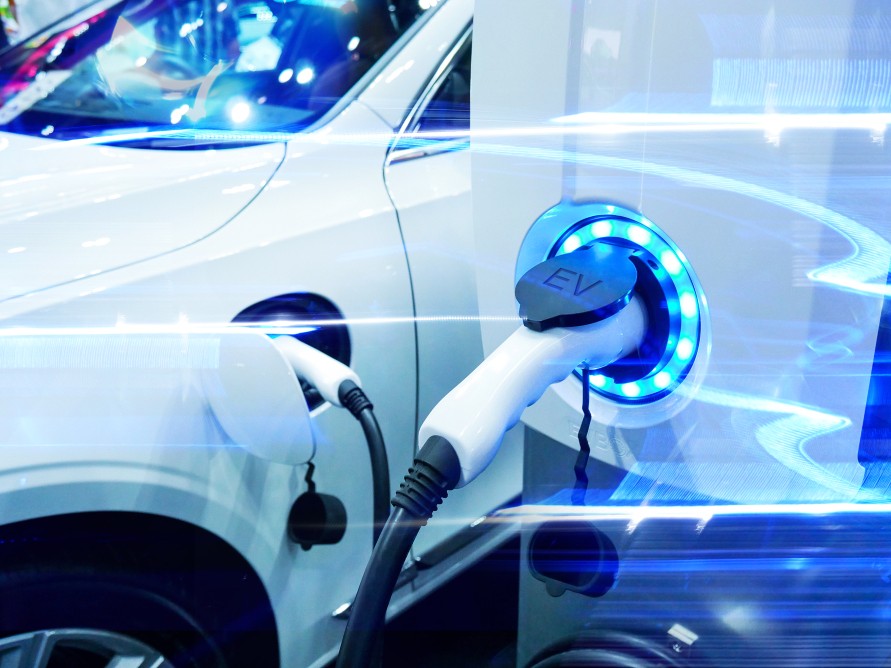The United States and Japan have sealed a deal to cooperate on critical minerals for batteries that will see the two try and move EV supply chains away from China.

Source: Oil Price
According to the deal, per the Wall Street Journal, Japan and the U.S. will remove export levies on the EV minerals they trade and they will also align their labor standards in the mining department.
This will make Japan a mineral supplier eligible to participate in projects that have won financing under the Inflation Reduction Act.
The new deal, which is an addition to a 2019 trade agreement between the two countries, will be reviewed once every two years in case any changes need to be introduced.
The Inflation Reduction Act represented the most ambitious U.S. federal government funding program for the energy transition. With some $369 billion in total up for grabs, interest in alternative energy sources and EVs is expected to spike among businesses.
The catch, however, is that there is a “Made in the U.S.” provision for such projects and that includes EVs and the minerals that make up their batteries. In order for a carmaker to qualify for a federal $7,500 EV credit, it must be able to provide evidence that at least half of the metals and minerals used in the car’s battery were sourced from the United States itself or a country with which the U.S. has a free trade agreement.
This has proved to be a tough condition to meet for carmakers and, per a Bloomberg report from earlier this month, they have been looking for ways around these requirements to keep their costs low and their cars more affordable while complying with the law.
It is in this respect that deals such as the one closed with Japan can help: the country has a developed industry for processing and refining critical minerals that can help the U.S. build its new supply chain for the energy transition.
By Irina Slav for Oilprice.com

